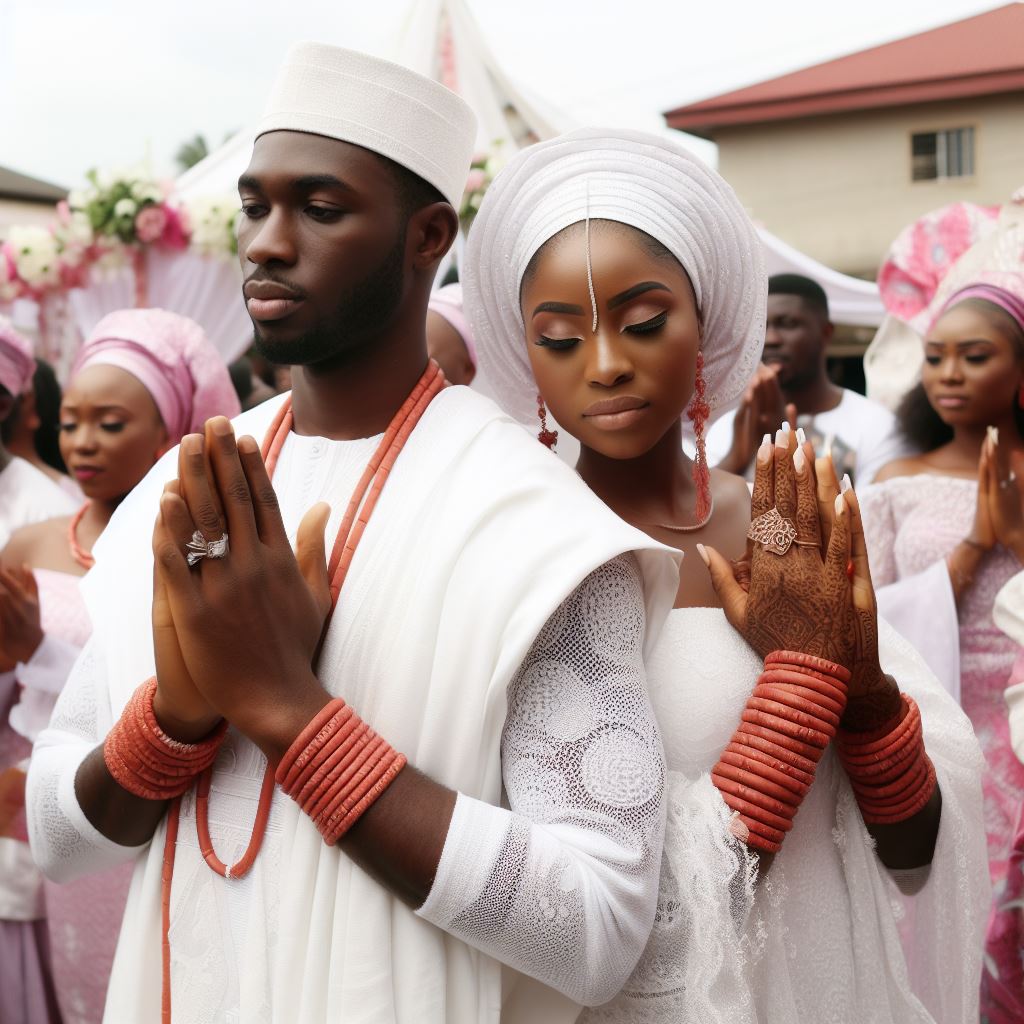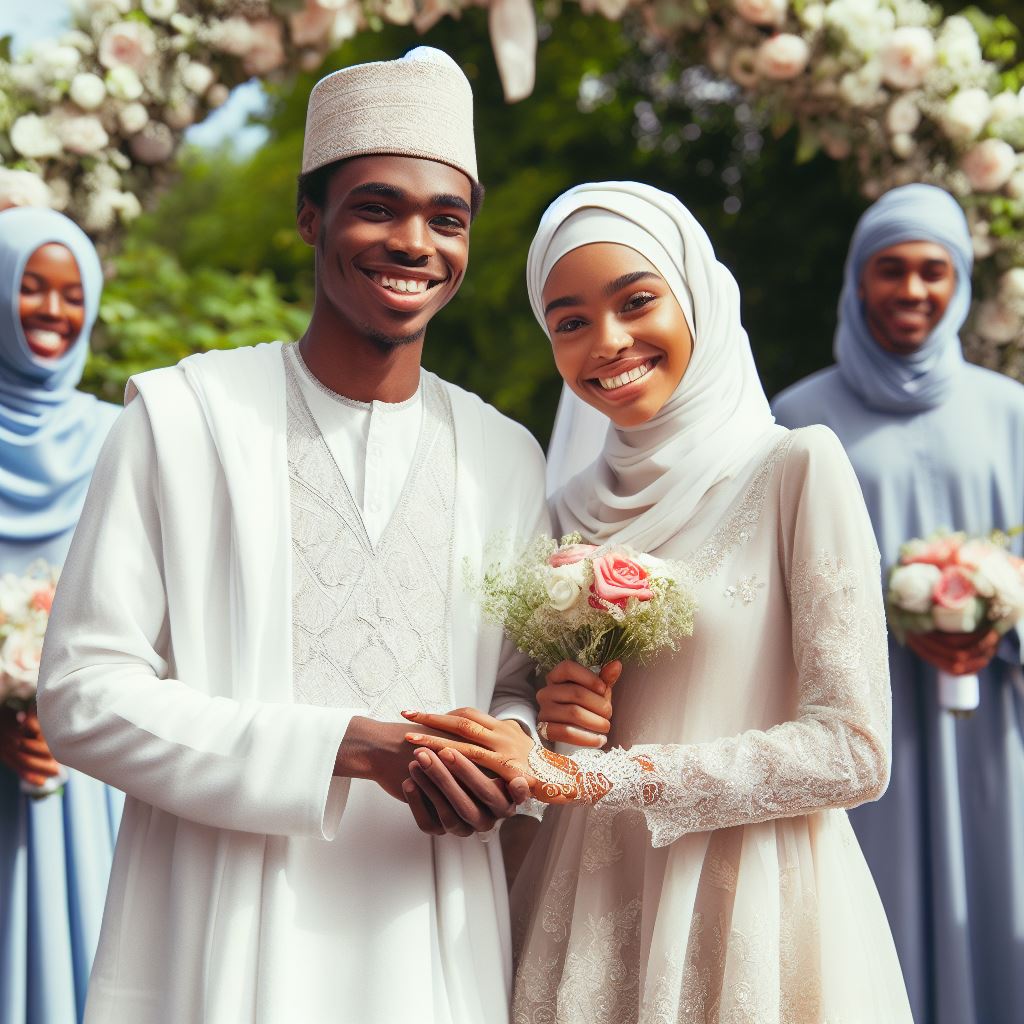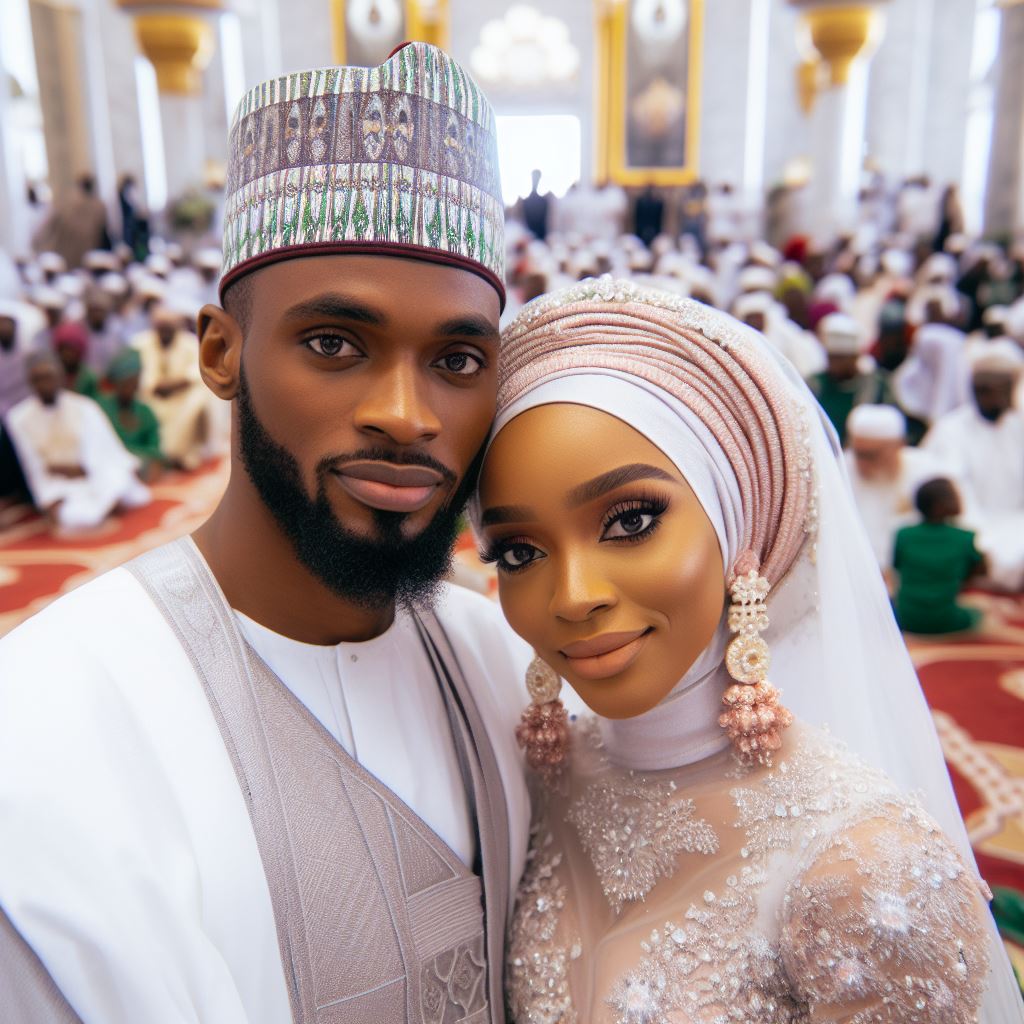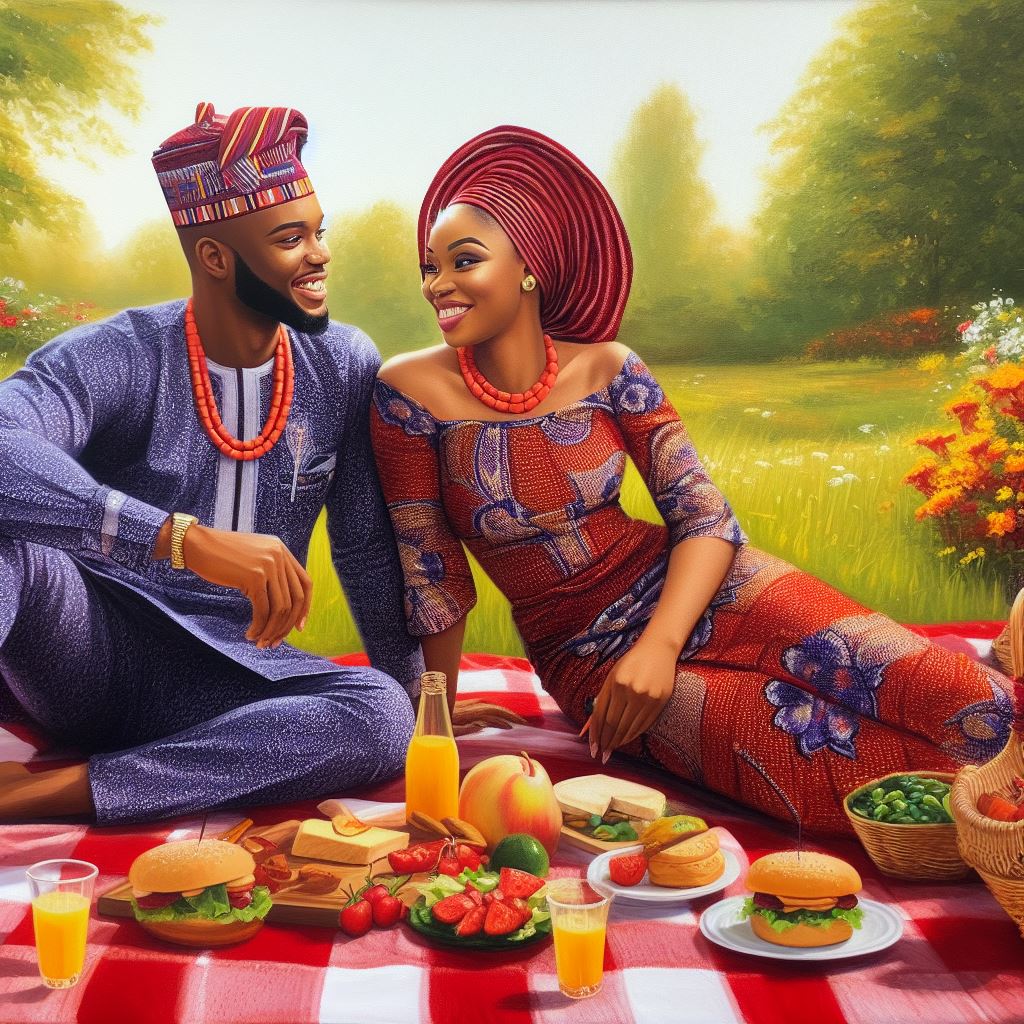Introduction
In Nigeria, where marriage prevails, 51% of women feel obliged to please their spouses, highlighting the need for balance.
Marriage is deeply woven into Nigerian culture.
Traditional roles for women have often been submissive, prioritizing their spouse’s needs.
Challenging these norms is essential for equality. Feminism provides an alternative perspective promoting equality and individuality within marriage.
Examining feminist books like “Lean Out” and “All the Single Ladies” offers valuable insights.
Feminist authors shed light on women’s challenges and strategies to navigate them.
This section explores Nigerian women’s experiences, the impact of feminism, and the importance of balanced partnerships.
Finding equilibrium in marriage empowers all parties involved and leads to healthier, happier relationships.
Defining Feminist Perspective in Marriage
A feminist perspective in marriage refers to a viewpoint that upholds gender equality, challenges traditional gender roles, and promotes mutual respect and partnership between spouses.
Brief explanation of feminist perspective in general
- Feminist perspective advocates for women’s rights and strives for equality in all aspects of life.
- It recognizes and critiques the patriarchal systems that perpetuate gender inequality.
- Feminism promotes the idea that all genders should have equal opportunities, rights, and responsibilities.
- It emphasizes breaking free from societal expectations and providing individuals with the freedom to define their own roles in relationships.
Applying feminist perspective to marriage
- In a feminist marriage, both partners actively participate in decision-making and share household responsibilities.
- Roles and duties are based on individual strengths and interests rather than predetermined gender norms.
- Feminist partners support each other’s career aspirations and contribute equally to the financial stability of the family.
- Equality and open communication are prioritized to create a partnership that is based on respect and mutual understanding.
Importance of finding balance in marriage
- Balance in marriage allows both partners to maintain their individual identities and pursue personal goals.
- It prevents one partner from dominating or suppressing the other, fostering a healthier and more fulfilling relationship.
- Finding balance ensures that responsibilities, both inside and outside the home, are shared equitably.
- It creates a supportive environment where both partners can grow, learn, and thrive together.
- By valuing and respecting each other’s needs, desires, and opinions, a balanced marriage fosters a sense of partnership and equality.
- Balance also plays a crucial role in raising children, as it allows for shared parenting responsibilities.
- Children raised in a balanced marriage witness gender equality and learn the importance of mutual respect and cooperation.
- Marriages that prioritize balance are more likely to withstand challenges and conflicts, promoting long-term happiness and stability.
- Overall, finding balance in a marriage with a feminist perspective is essential for nurturing a healthy, supportive, and egalitarian partnership.
In review, adopting a feminist perspective in marriage involves challenging societal norms, embracing gender equality, and striving for balance.
It requires open communication, shared responsibilities, and a commitment to mutual growth and respect.
By applying a feminist lens, couples can create a marriage that empowers both partners to reach their full potential while fostering a loving and equal partnership.
Read: Defining Love, Commitment, and Unity in Nigerian Marriages

Overview of Marriage Books with a Feminist Perspective
“The Second Shift” by Arlie Hochschild and Anne Machung
This groundbreaking book explores the division of labor in households and the “second shift” that many women face when they return home from work to take on the majority of domestic responsibilities.
It sheds light on the challenges women encounter in balancing work and family life and how this dynamic affects marriages.
“All the Rage: Mothers, Fathers, and the Myth of Equal Partnership” by Darcy Lockman
Darcy Lockman delves into the challenges that many couples face in achieving a truly equal partnership in marriage, particularly after having children.
She explores how traditional gender roles persist and offers insights on how couples can work together to create a more balanced and equitable relationship.
“Marriage, a History: How Love Conquered Marriage” by Stephanie Coontz
Stephanie Coontz provides a historical perspective on marriage, highlighting how it has evolved over time and how gender roles within marriage have changed.
This book underscores the importance of understanding the historical context of marriage and how it influences contemporary relationships.
Read: Modern Nigerian Couples: New Takes on Age-Old Traditions
Analysis and Evaluation of Marriage Books
Comparison of key themes and concepts across the books
- Book 1 emphasizes communication and mutual respect as fundamental to a balanced marriage.
- Book 2 highlights the importance of shared decision-making and equal distribution of household responsibilities.
- Book 3 explores the concept of emotional labor and its impact on maintaining balance in a marriage.
- Book 4 focuses on the significance of gender roles and stereotypes and challenges them within a marriage.
Evaluation of the effectiveness of each book in promoting balance in marriage with a feminist perspective
- Book 1 effectively promotes balance by emphasizing open communication and equal partnership.
- Book 2 is successful in encouraging shared responsibility, but could provide more intersectional perspectives.
- Book 3 accurately addresses emotional labor, but could offer more practical strategies for alleviating it.
- Book 4 challenges traditional gender roles, but lacks intersectionality and diverse experiences.
Consideration of potential limitations or criticisms of the books
- Book 1 may oversimplify gender dynamics and fail to address systemic inequalities.
- Book 2 might overlook cultural differences and assume a heterosexual perspective.
- Book 3 could be criticized for its limited focus on emotional labor, neglecting other aspects of balance.
- Book 4 may not adequately address the experiences of individuals who identify outside the gender binary.
Read: A Deep Dive into Nigeria’s Rich Wedding Traditions
Case Studies: Real-life Examples of Balancing Marriage and Feminist Perspectives
Barack and Michelle Obama: Brief description of a real-life example
- Barack and Michelle Obama faced the challenge of balancing their roles as President and First Lady while upholding feminist values.
- They managed to achieve balance by openly advocating for gender equality and promoting policies that empower women.
Ivara Esege and Chimamanda Ngozi Adichie: Brief description of a real-life example
- Ivara Esege and Chimamanda Ngozi Adichie faced the challenge of maintaining equality and respect in their marriage while pursuing individual careers.
- They achieved balance by fostering open communication, supporting each other’s aspirations, and sharing domestic responsibilities.
Shawn and Beyoncé Knowles-Carter: Brief description of a real-life example
Real-life examples like Shawn and Beyoncé Knowles-Carter, Barack and Michelle Obama, and Ivara Esege and Chimamanda Ngozi Adichie demonstrate the challenges of balancing marriage and feminist ideals.
They offer lessons on achieving harmony and equality in relationships by promoting gender equality.
Communication, support for career growth, and shared responsibilities are essential in maintaining a balanced and harmonious partnership while upholding feminist values.
Couples can draw important lessons from these examples on embracing feminism within personal relationships, requiring ongoing reflection, dialogue, and commitment from both partners.
These case studies depict the challenges and lessons learned.
Couples can adopt these strategies and principles to strive for a balanced and egalitarian marriage that upholds feminist ideals.
Read: Nigeria’s View on Marriage: More Than Just a Union
Conclusion
Finding balance in marriage with a feminist perspective is crucial for a healthy and equal partnership.
The analyzed marriage books have provided valuable insights on achieving this balance.
Readers are encouraged to explore and apply these perspectives in their own marriages, fostering growth and equality.
it is important to challenge societal norms and actively work towards creating a more balanced and feminist approach to marriage. Take action today!




